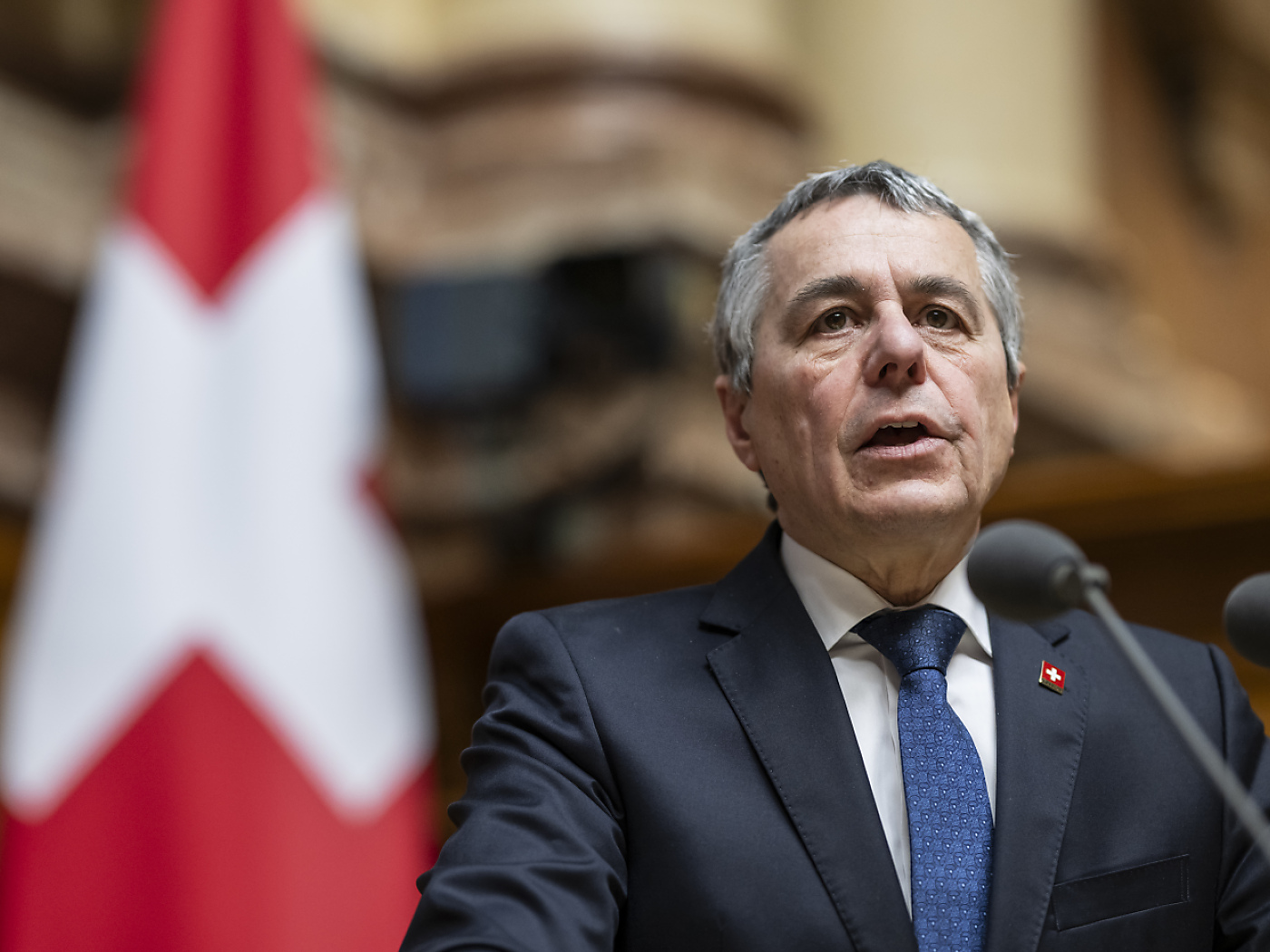Swiss government wants better gender balance in federal administration

The government on Wednesday announced new gender balance targets for the 2024-2027 period, particularly for women in high-ranking positions.
For the 2020-2023 period, the government aimed for between 36% and 43% of women among civil servants in higher salary brackets, and between 27% and 32% of those on top salaries (of which there are around 800 senior executives).
In the 2024-2027 targets, the government has raised these goals to 39%-44%, and 30%-35% respectively, it said on Wednesday. The Border Guard Corps should meanwhile aim to boost the proportion of women to between 17% and 19%, compared with 16%-18% previously.
+ Read more – and have your say – on gender equality in Switzerland.
Otherwise, the government is retaining the same targets as before; 46%-50% of staff in all areas of the federal administration should be women. Between 2020 and 2023, the actual figure rose to 44.9%.
The Department of Defence, Civil Protection and Sport (DDPS) meanwhile has separate targets, given that military service is compulsory only for men and that national defence policy is centralised in Switzerland.
At the end of 2023, the proportion of women in the defence sector was 14%; the target range was 16-18%. The government said it was up to the federal administration to redouble its efforts here.
Multilingual
Targets for linguistic representation also remain unchanged. Between 68.5% and 70.5% of civil servants should be German-speaking, 21.5%-23.5% French-speaking, 6.5%-8.5% Italian-speaking and between 0.5% and 1% Romansh-speaking.
The target proportion of people with disabilities across the federal administration workforce also remains the same, 1.5%-2.5%. Nor has the government increased the target proportion of apprentices and university interns, as maintaining the current level was described as already an ambitious objective.
In this area, the government has however for the first time set targets for the number of apprentices and interns going into a job with the federal administration within six months of completing their placement: between 40% and 45% of apprentices and 45%-50% of university trainees.
The targets come into force with retroactive effect from January 1, 2024.
Adapted from French by DeepL/kp
This news story has been written and carefully fact-checked by an external editorial team. At SWI swissinfo.ch we select the most relevant news for an international audience and use automatic translation tools such as DeepL to translate it into English. Providing you with automatically translated news gives us the time to write more in-depth articles.
If you want to know more about how we work, have a look here, and if you have feedback on this news story please write to english@swissinfo.ch.

In compliance with the JTI standards
More: SWI swissinfo.ch certified by the Journalism Trust Initiative


















You can find an overview of ongoing debates with our journalists here . Please join us!
If you want to start a conversation about a topic raised in this article or want to report factual errors, email us at english@swissinfo.ch.